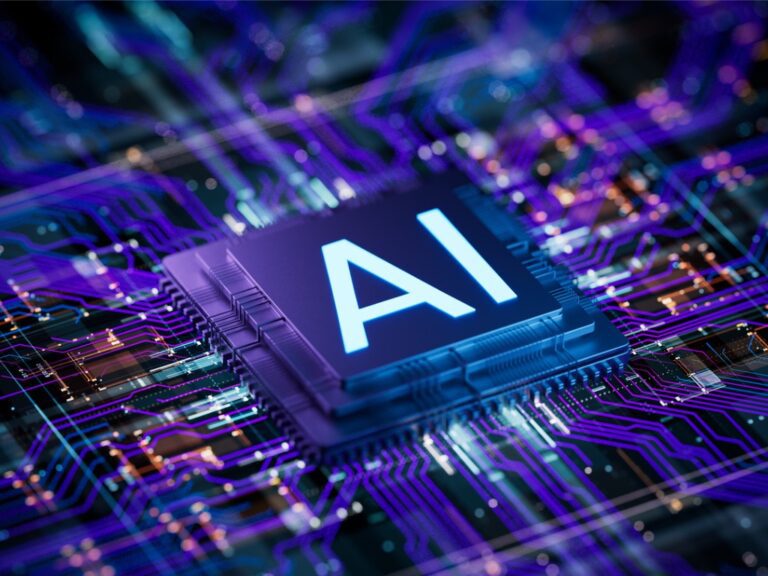Generative AI in Law Firms
July 3, 2024

Generative AI in Law Firms
According to an article by Thomson Reuters, Generative AI (GenAI) is transforming legal work by automating routine tasks like drafting briefs, contracts, and RFP responses, significantly reducing the time lawyers spend on these activities. This allows lawyers to focus more on complex tasks such as analysis, strategic thinking, and client advisement.
GenAI’s versatility benefits firms of all sizes: solo attorneys can save time, small firms can explore new areas, and global firms can achieve cost savings through large-scale automation. However, there are challenges in the courtroom.
The article cites a notable case where an attorney used ChatGPT to write a brief that cited non-existent cases. Large language models (LLMs) can confidently provide incorrect information, raising concerns about their reliability. Because of this, only a small percentage of court workers feel excited about GenAI, highlighting the need for new standards for the admissibility of AI-generated evidence.
Ethical implications for Generative AI in law firms are also significant. There is a distinction between consumer AI tools and specialized legal AI, like CoCounsel, which uses reliable, firm-specific data. The responsible use of GenAI can minimize risks, especially when firms adopt purpose-built legal tools instead of public-facing models.
The article says that AI will not replace lawyers but will change legal training and education. Lawyers will still need foundational skills, but law schools are increasingly incorporating AI into their curriculums to prepare future lawyers for technology-driven legal practices. Institutions like Arizona State University and UC Berkeley are leading this shift with specialized AI programs.
Get the free newsletter
Subscribe for news, insights and thought leadership curated for the law firm audience.




